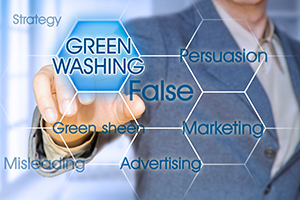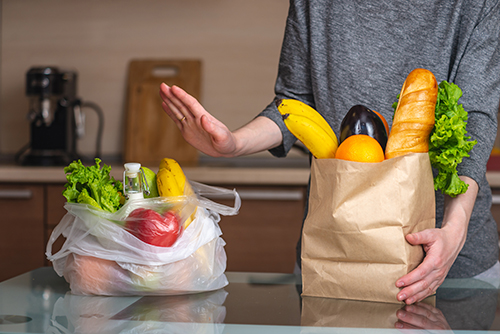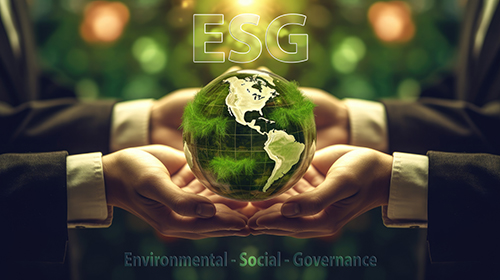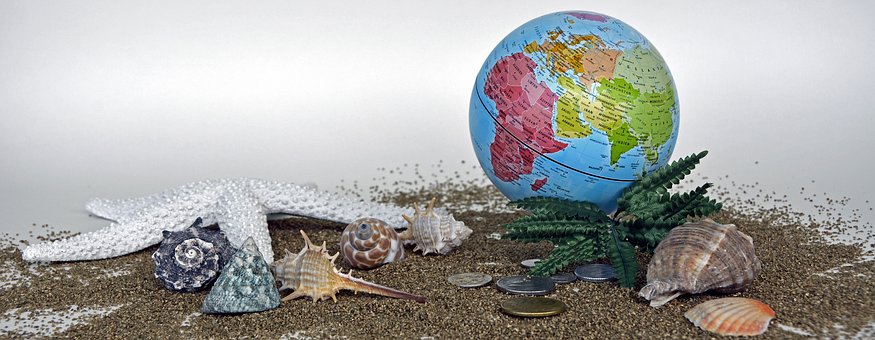What is Greenwashing?
How Do You Spot Greenwashing?
First, let’s define it. There are several terms used when defining greenwashing including:
- Deceptive marketing.
- False or misleading picture of environmental friendliness to conceal damaging activities.
- Attempt to capitalize on the growing demand for environmentally friendly products.
- Misinformation used to entice aspiring green consumers.
- Claiming sustainable practices falsely.
“Companies that make unsubstantiated claims that their products are environmentally safe or provide some green benefit are involved in greenwashing”, states Investopedia.

I think you get the idea. Do you believe businesses are promoting how green they are, yet maybe they are not? I’m going to turn this around next, but what if companies believe their claims are truly sustainable and they just don’t know the facts?
If companies think they know and they don’t, what about on the consumer end? Do consumers really know if their efforts to live in an environmentally friendly world are beneficial? If a consumer has thrown food waste, such as found inside a pizza box, into a recycling bin, that consumer is misinformed. When a consumer sees an iconic recycling symbol ![]() on an item, do they believe they are buying an item that has been recycled or is recyclable? What about the infamous grocery store question: Paper or Plastic? Well, most consumers see plastic as “bad”, so they chose paper.
on an item, do they believe they are buying an item that has been recycled or is recyclable? What about the infamous grocery store question: Paper or Plastic? Well, most consumers see plastic as “bad”, so they chose paper.
- Did you know it takes four times as much energy to manufacture a paper bag as compared to plastic?
- Did you know paper bag manufacturing generates 70 more air pollutants than plastic?
- Did you know paper bag manufacturing generates 50 times more water pollutants than plastic?
- Did you know it takes 91% less energy to recycle a plastic bag than it does a paper bag?
- Did you know paper bags do not break down faster than plastic bags in landfills?
With these facts in mind, when you see companies claiming paper is better than plastic, what will you believe?

It’s not easy to stay abreast of the latest information, to know what is true and what is not. There is so much in the media, which is also criticized for their reporting decisions (but that’s a whole other subject!) Questions are posed, “Why isn’t everyone well informed?” Wouldn’t that solve some of the issues? How is all this monitored? There are organizations designed to assist in providing substantiated data or protections. ASTM International (formerly American Society for Testing and Materials) define standards on a global scale designed to enhance performance and instill confidence in items purchased and used.
The U.S. Federal Trade Commission (FTC) helps protect consumers by enforcing laws designed to ensure a competitive, fair marketplace. The FTC offers guidelines on how to differentiate real green products from the greenwashed:
- Packaging and advertising should explain the product’s green claims in plain language and readable type in close proximity to the claim.
- An environmental marketing claim should specify whether it refers to the product, the packaging, or just a portion of the product or package.
- A product’s marketing claim should not overstate, directly or by implication, an environmental attribute or benefit.
- If a product claims a benefit compared with the competition, then the claim should be substantiated.
For examples from the FTC, click here.
The Environmental Protection Agency, or EPA states their mission is to protect human health and the environment. There’s a broad range of topics listed, they cover an expansive area, a lot of responsibility. It’s important to recognize that as individuals we are also responsible for our environment and education. Self-education is critical to the success of any environmental effort to make impact.
Is deception, intentional or not, a result of illiteracy, scientific uncertainty, a lack of regulations or all of these? An upcoming field of study involves life cycle analysis. Life Cycle Assessment (LCA) is a methodology to assess the environmental impact of products, services, and industrial processes and is an increasingly important tool in corporate sustainability management. Unfortunately, the practice utilizes models and estimates which are subjective, but it is likely to continue to be developed and refined. This surely will assist with regulating practices, but for now is merely nonbinding interpretive guidance.
All of this is important as we advance because statistics show “Sales of consumer packaged goods in North America that carried labels advertising sustainability rose to an estimated $268.9 billion in 2022 from $248.1 billion in 2021, according to NielsenIQ”. In the past 5 years, across the globe, 85% of people are shifting purchase behaviors towards sustainability. Because of this increasing green culture, businesses are undertaking Environmental, Social, and Governance (ESG) reporting. This is a set of standards, and the environmental side considers how a company safeguards the environment, including corporate policies for addressing climate change, as an example.

All these business efforts towards sustainability effects customers, employees, and investors. In fact, 73% of investors state efforts to improve the environment and society play into their investment decisions when looking at potential opportunities. This data tells us that the issue of sustainability is not going away so follow the links provided in this article and follow our series on “Our Planet” to learn more, with more to come.

